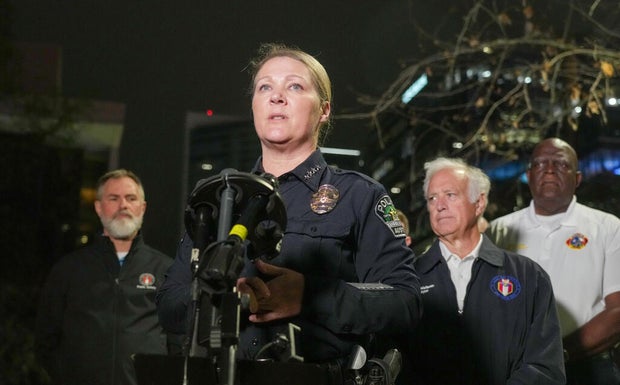Protesters blocked the entrance to Mexico’s lower house on Tuesday, prompting the ruling party to convene in a gymnasium to vote on a contentious new law to directly elect judges.
The demonstrators in Mexico City, many of whom work in the judiciary, were voicing their anger at President Andrés Manuel López Obrador’s plan to fire more than 1,600 federal judges, including those on the supreme court, and replace them via public elections.
In response, lawmakers from the ruling Morena party called a session in a sports complex in the east of the capital. They were sat on folding chairs discussing the changes that have prompted pushback from investors and foreign powers including the US. A vote by the lower chamber could be held as soon as Tuesday, at which point the constitutional changes would pass to the Senate.
“Today officialdom ignored hundreds of workers from the judiciary,” said Jorge Romero, an opposition lawmaker for the National Action party (PAN), wrote on X, calling the changes “destructive”. “We live in a Mexico without dialogue.”
Judges and judicial workers have been on strike over the reforms since last month, with international legal groups and organisations warning that judicial independence and even democracy are at risk. On Tuesday, the country’s Supreme Court justices voted 8-3 to join the strike.
Leftist López Obrador’s Morena party will have a near supermajority in congress for his final month in office. He is pushing the reform as part of a package of changes that would reshape the Mexican state.
President-elect Claudia Sheinbaum, who takes office in October, has backed his plans, arguing that it will reduce corruption in the judiciary and decrease political control over it.
“This reform is happening, because that is what the Mexican people decided at the ballot box. We apologise to people who don’t agree with our work . . . we have a social contract,” said Ricardo Monreal, Morena’s leader in the lower house, said earlier on Tuesday.
Under the new rules, lawyers who want to run in elections to be judges must have minimum grades in school, a law degree and five years of relevant experience. Candidates will be assigned TV and radio advertising slots and would not be allowed public or private funding, although regular Mexican elections are commonly funded by cash that is not audited.
The US ambassador to Mexico, Ken Salazar, has warned that the plan was a risk to democracy, bilateral trade and would make it easier for cartels to buy influence in the courts.
López Obrador branded the comments “disrespectful” interventionism and said the relationship with the embassy of its largest trading partner was on “pause”.
Two judges delivered rulings in the past week that aimed to pause or slow the legislative process. Monreal said Morena would ignore the rulings as they were invalid.













































